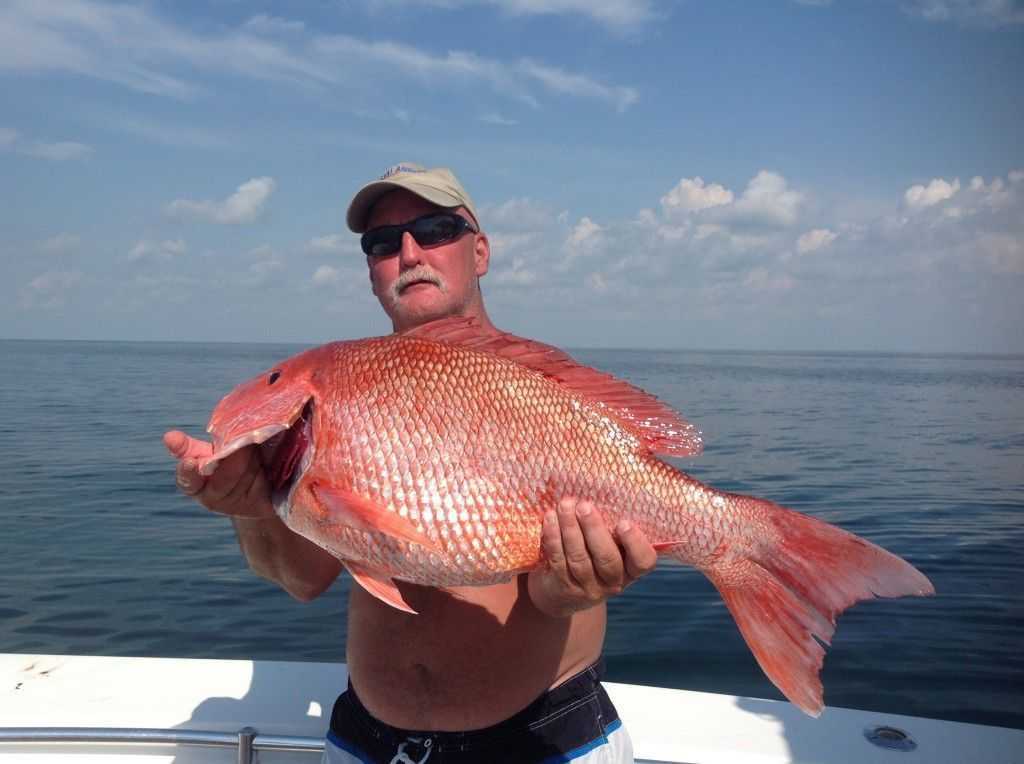As the situation with the recreational red snapper season has become ever more dire, there has been an increasing outcry targeting the National Marine Fisheries Service (NMFS) and the Gulf of Mexico Fishery Management Council as architects of the chaos. And while there can be some justified blame on both, they have had little ability to effect a positive change.
The problem lies in the Magnuson Act. This is a well intentioned and much needed attempt to rebuild our nation’s fisheries. And for many species, the act has worked well. But as so often happens, such efforts produce unintended consequences. This is the case with red snapper.
The problem lies with the mandated method to rebuild the stocks. The act requires quotas. Implementation of these is dependent on stock assessments. These are performed by the NMFS and reviewed by a council committee known as the Scientific and Statistical Committee (SSC).
By mandating quotas rather than alternative measures of rebuilding stocks, this makes management vulnerable to a derby. Whenever there is a derby, a vicious cycle is created where the quota is caught more and more rapidly. This is exacerbated when a stock is reasonably healthy.
So we have seen what has to be one of the worst managed but one of the healthiest fish stocks of the nation. We have a system that has wreaked havoc on local economies, turned anglers against each other, caused millions of red snapper to be wasted, and a continual spiraling down of the entire system. And with no change in the offing, things can only get worse.
I have proposed alternative systems to address this problem. Without detailing them, there are two solutions: transfer management of red snapper (and other reef fish) to the states, or management by closure of certain areas with extended seasons and reasonable bag limits.
Other touted solutions simply won’t work. Included is regional management, where the states agree on a percentage of the quota each state can harvest. As long as the quota is limited, it won’t make a difference what the states get. Another misconception is better data will present a solution. Better data would probably result in a better stock assessment, which may result in a larger quota. That might add a week to our recreational season. As long as there is a quota, there will be a derby.
But there is another reason to get better data. Some day the states will be given more latitude in management decisions. They will need good data to make decisions. Alabama and Louisiana have already begun this process and should be well positioned when they get the leeway to do what needs to be done.
But I go back to the heading of this piece: “Only Congress can fix this mess.” As long as the Magnuson Act is written as it is, there is no relief. The best and simplest solution is to remove red snapper, and perhaps other reef fish, from Magnuson. Then these alternative, common-sense management measures could be implemented. I urge you to convey this to your Congressmen.
Bob Shipp is an 18-year Gulf Council member, thrice council chair and author of “Dr. Bob Shipp’s Guide to Fishes of the Gulf of Mexico,” which is available at bobshipp.com.
[easy-social-share]
